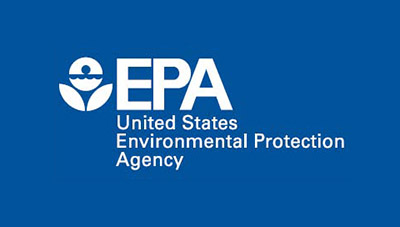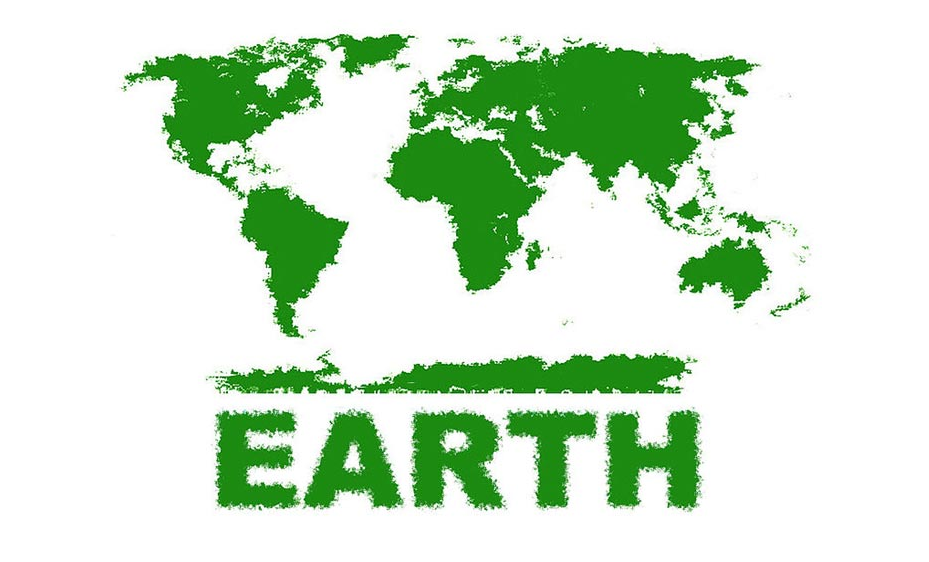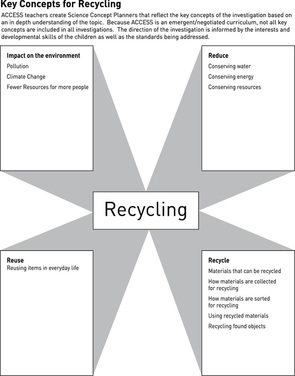Recyclable Materials |
The Recycling Process |
|
Glass
Plastics Metals Paper Etc. |
"When glass is used for new container manufacturing, it is virtually infinitely recyclable. The processing and use of recycled glass in manufacturing conserves raw materials, reduces energy consumption, and reduces the volume of waste sent to landfill."
"Since plastic is not normally biodegradable, recycling it is part of global efforts to reduce plastic in the waste stream. This helps to reduce the high rates of plastic pollution." "Aluminium is one of the most efficient and widely recycled materials.[1][2] The recycling process does not produce any change in the metal, so aluminium can be recycled indefinitely." "The EPA identifies five basic paper grade categories: Old corrugated containers, mixed paper, old newspapers, high grade deinked paper and pulp substitutes. All of these paper grades are recycled in a similar manner (mixing with water to form a slurry), but each has its own ideal end-use." Batteries, lightbulbs, and electronics can also be recycled. |
Recycled Glass for Making New Bottles |
Useful Links
|
"Recycling is the process of collecting and processing materials that would otherwise be thrown away as trash and turning them into new products. Recycling can benefit your community and the environment." epa.gov/recycle
|
"Reduce, Reuse, Recycle — Three great ways YOU can eliminate waste and protect your environment!" niehs.nih.gov
|
"Recycling is important, but it can be complicated. What can’t go in your curbside bin? How many times can something be recycled? What about really large or dangerous items? We’ve rounded up answers to all these questions and more." earth911.com
|
"Explore the amazing world of recycling for kids with our range of fun experiments, free games, crazy facts, cool projects, interesting videos, quizzes and more!"
sciencekids.co.nz |
Key Words to Know |
Key Concepts |
|
Pollution
Recycling Reduce Reuse Waste |
When the environment is not clean. There are lots of kinds of pollution: air pollution, water pollution, soil pollution, even noise pollution.
Changing an item that could be thrown away to make something new. To make something smaller or use less, resulting in a smaller amount of waste. Using materials in their original form over again instead of throwing them away and replacing them with new items. Anything we throw away or get rid of, that does not get used. Download full word list |
Children's Literature
|
Nonfiction
|
Pre-K to K Fiction
|
K- Primary Fiction
|
Teacher Resources
|
|
|
|
|
|





